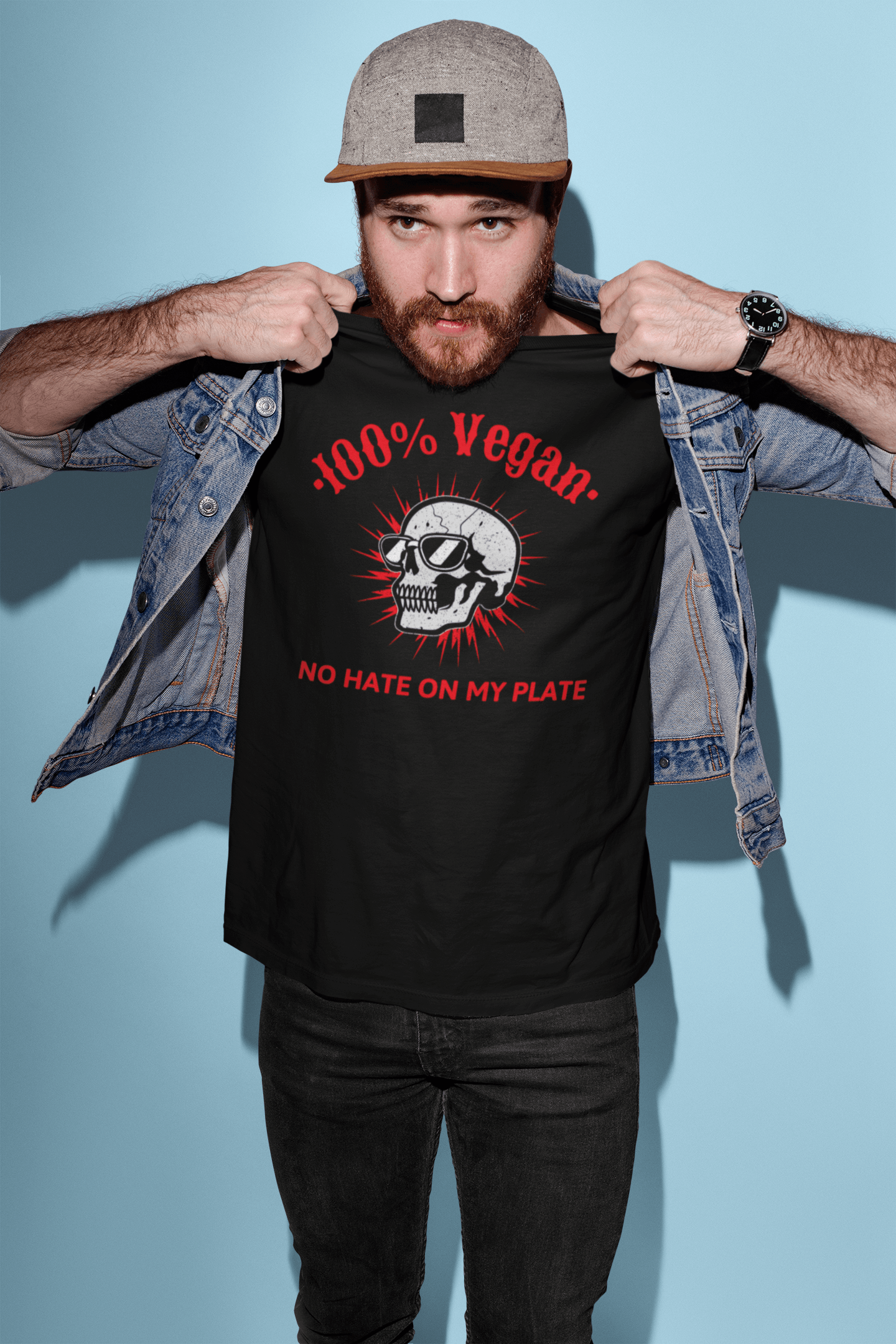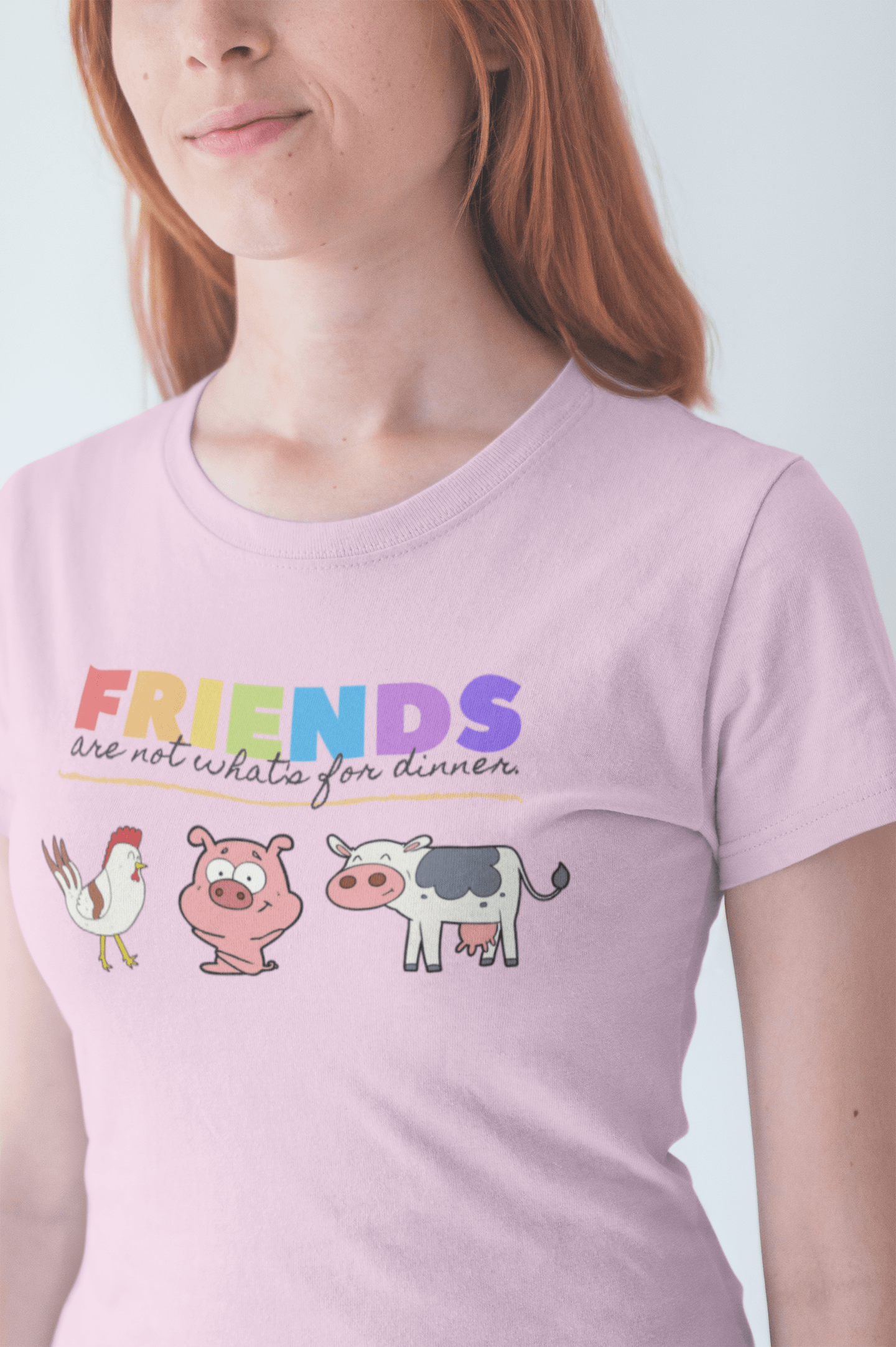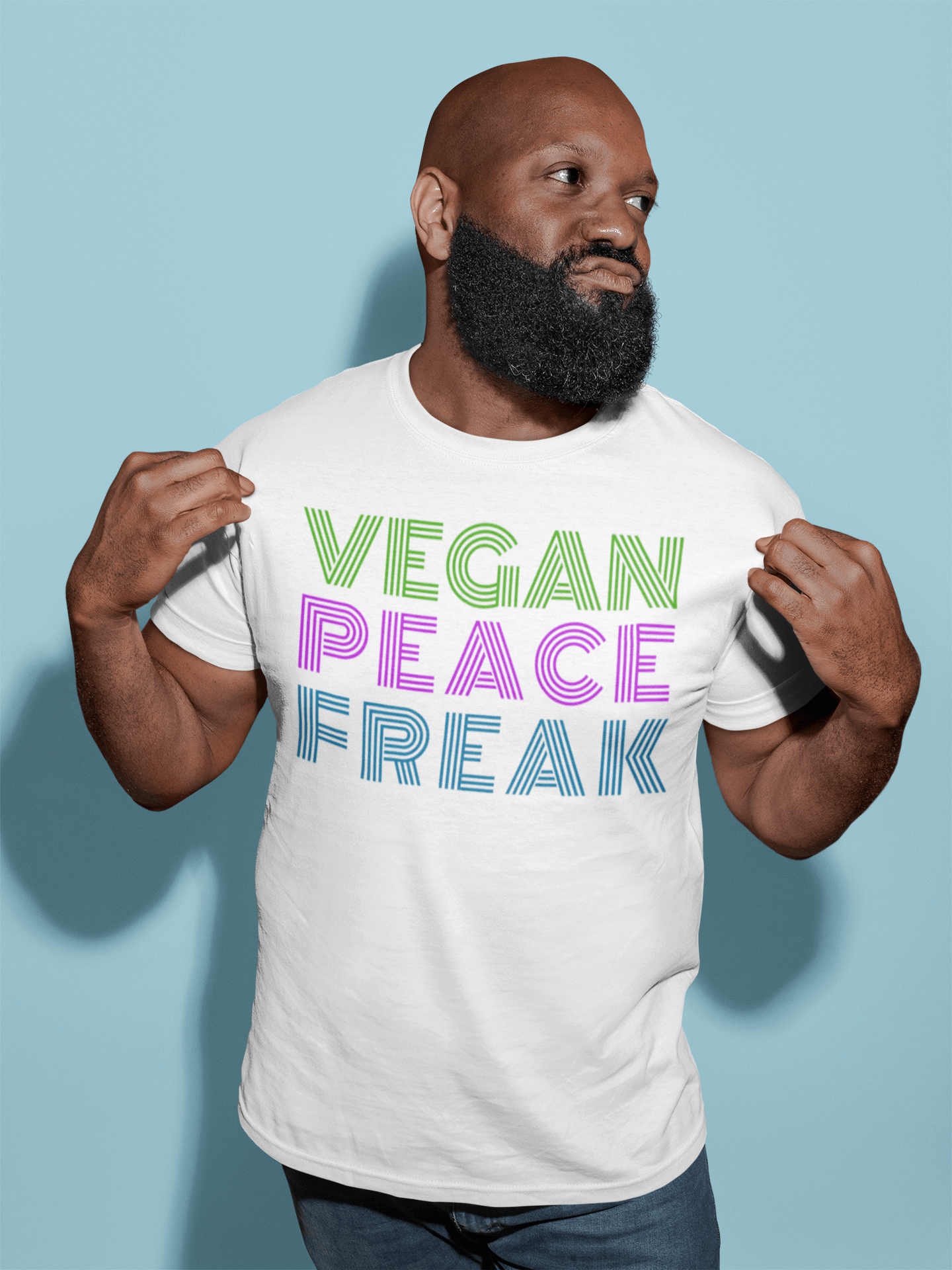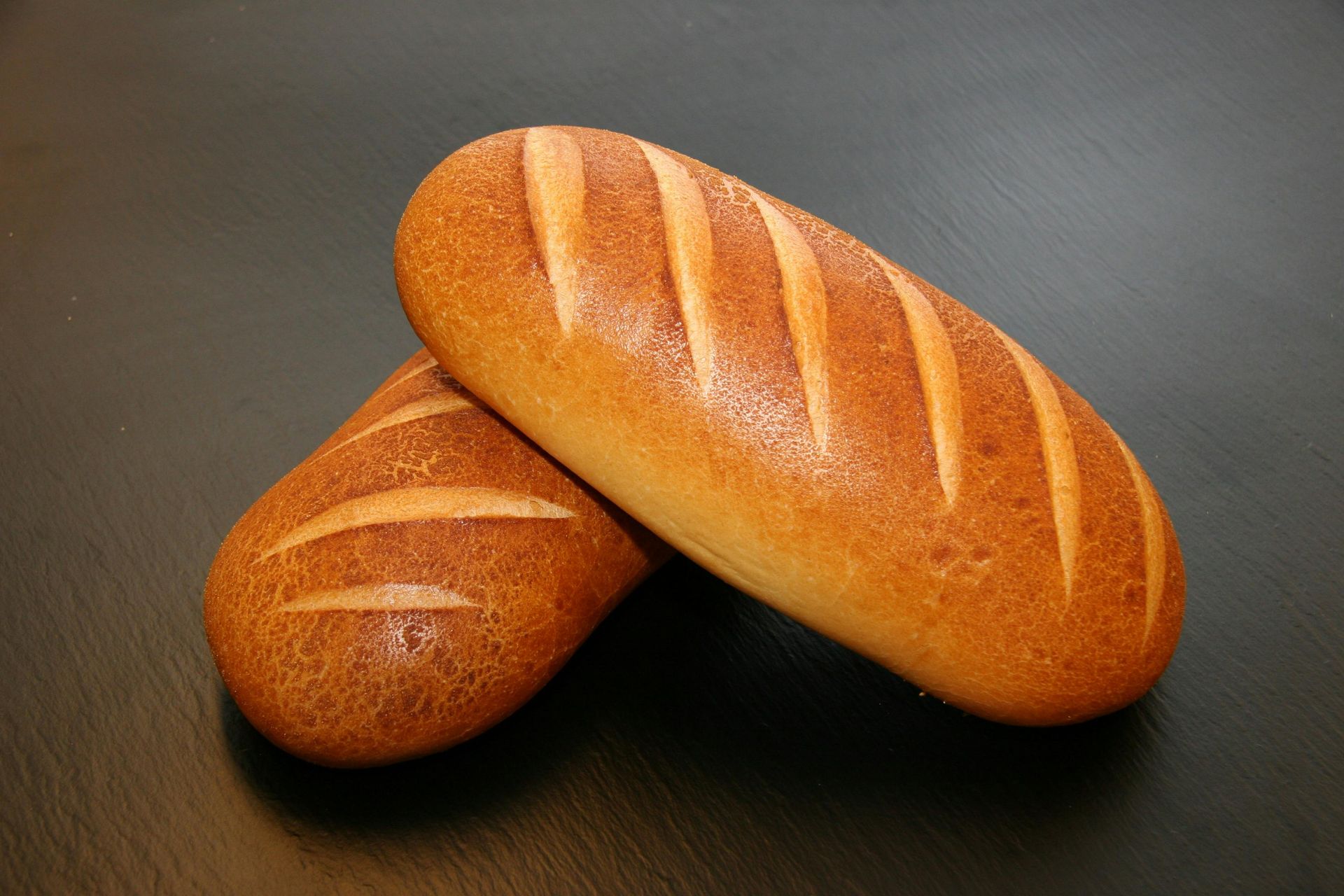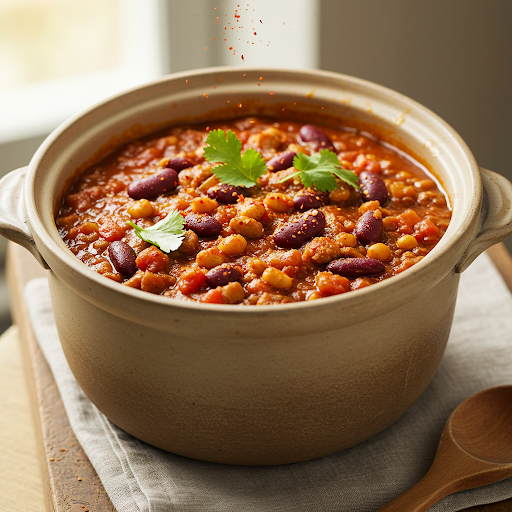Some Great Vegan Substitues for Non-Vegan Ingredients
Dylan Moore • March 9, 2021
You don't need to lose your favorite meals when you go vegan!
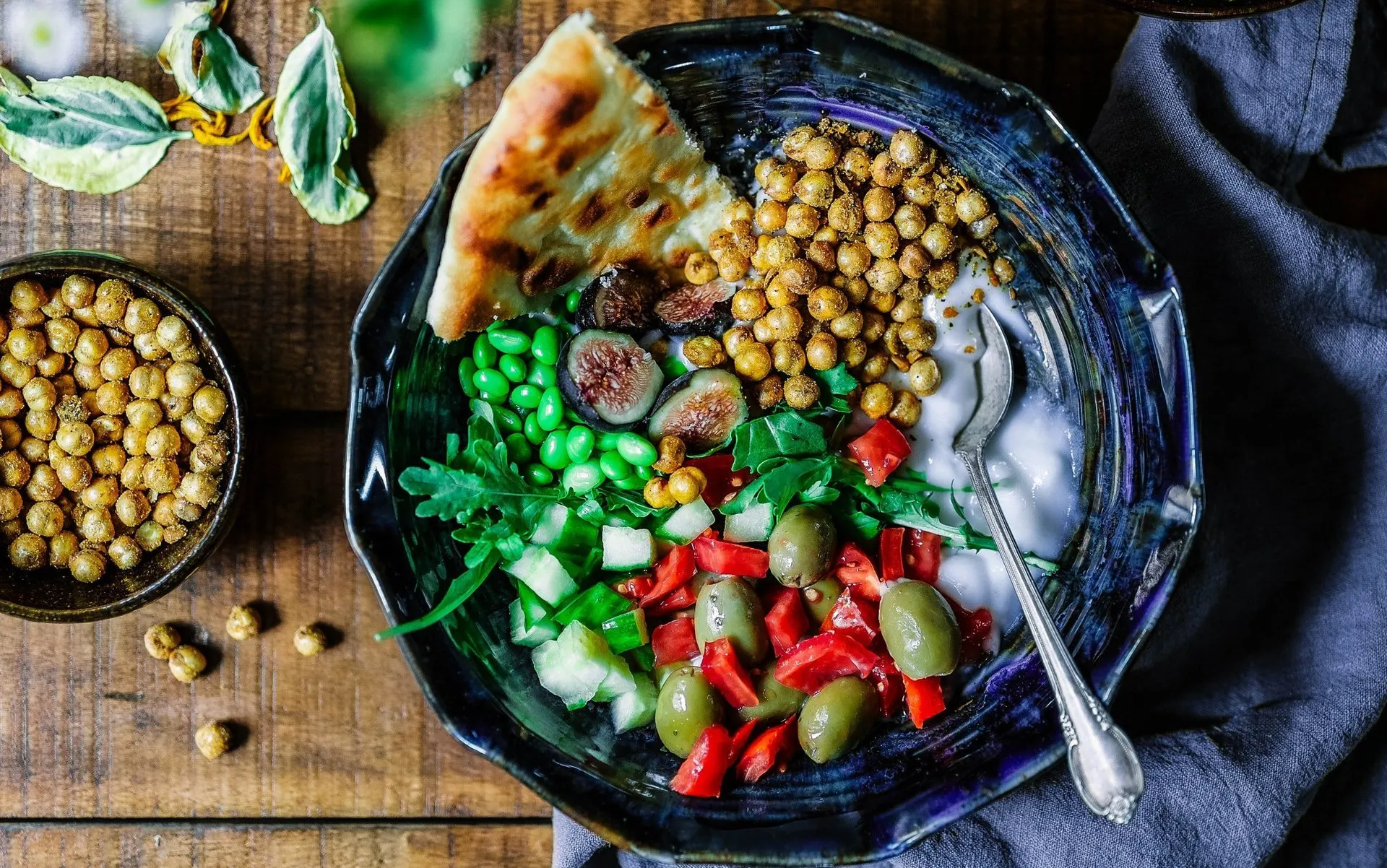
Tackling a vegan diet can come with some major adjustments – but it doesn’t mean that you need to stop eating all of your old favorite meals. While plant-based “meats” and “cheeses” have become higher quality and more readily accessible over time, there are plenty of less processed, more “classic” replacement ingredients available as well. If you’re looking for new ways to have old favorites on a vegan diet, take a look at these vegan substitutions for non-vegan ingredients:
Aquafaba:
If you’ve even considered a vegan diet, chances are good that you’ve heard of aquafaba. It works wonderfully as a substitute for eggs and egg whites in a multitude of recipes, but what is it? There is a common misconception that aquafaba is the leftover liquid from the process of cooking garbanzo beans, but cooking any type of beans will result in an aquafaba! Northern white beans and garbanzos produce the most lightly flavored aquafaba, but black, pinto, and all other beans produce aquafaba too!
Seitan:
Recently emerging into the vegan cookbook vernacular is seitan. Otherwise known as vital wheat gluten, seitan is a high-protein yield from the processing of wheat. Given its texture and fat/protein content, seitan makes for a great replacement for chicken, duck, and even bacon! With the right amount of spices worked in, seitan easily becomes a centerpiece for a meal and can be fried, baked, or grilled.
Flax:
Flax seed makes for a great additive to many vegan meals. High in protein and healthy fats, flax seeds can also be powderized and mixed with water to create a gluey, egg-like liquid. While aquafaba makes for a great egg white replacement, recipes that traditionally require a higher fat content (ie. more egg yolks) will fare better with a flax-egg substitute.
Arrowroot Powder:
Gelatin is a tricky thing to replace. While classic alternatives such as agar agar have existed for a good amount of time, many diet-conscious people went seeking gelatin alternatives which also have health benefits. In steps arrowroot; easy to digest, rich in iron and potassium, and proven in studies to boost immune health, arrowroot will not yield a texture like a jell-o, but easily replaces gelatin in baking recipes and other instances where the goal is to firm-up the texture of a dish.
Tempeh:
Tempeh has been a feature ingredient in Indonesian cuisine for hundreds of years, but more recently it has become popularized in western foods as an alternative to meat which is not tofu. Made of fermented soybeans, tempeh offers a more earthy flavor profile than it’s soy-cousin tofu. Tempeh is also typically more dense than tofu products, making it great to fry up or crumble like ground beef in chilis and other ground beef-based meals. Given its density and lack of excessive ingredients, tempeh is incredibly high in protein with a decent amount of fiber and zero cholesterol, making it a wonderful addition to a vegan diet.
There are plenty of common replacements for milk, cheese, and meats, but digging into less processed alternatives can bolster the positive effects of taking on a vegan lifestyle. While companies continue to develop better meat replacements, sometimes getting back to basic ingredients that are not attempting to directly mimic meat and dairy products can add a degree of refreshment to your diet!
Share Your Vegan Message with VeganGently.com Gear
Vegan Gently Blog
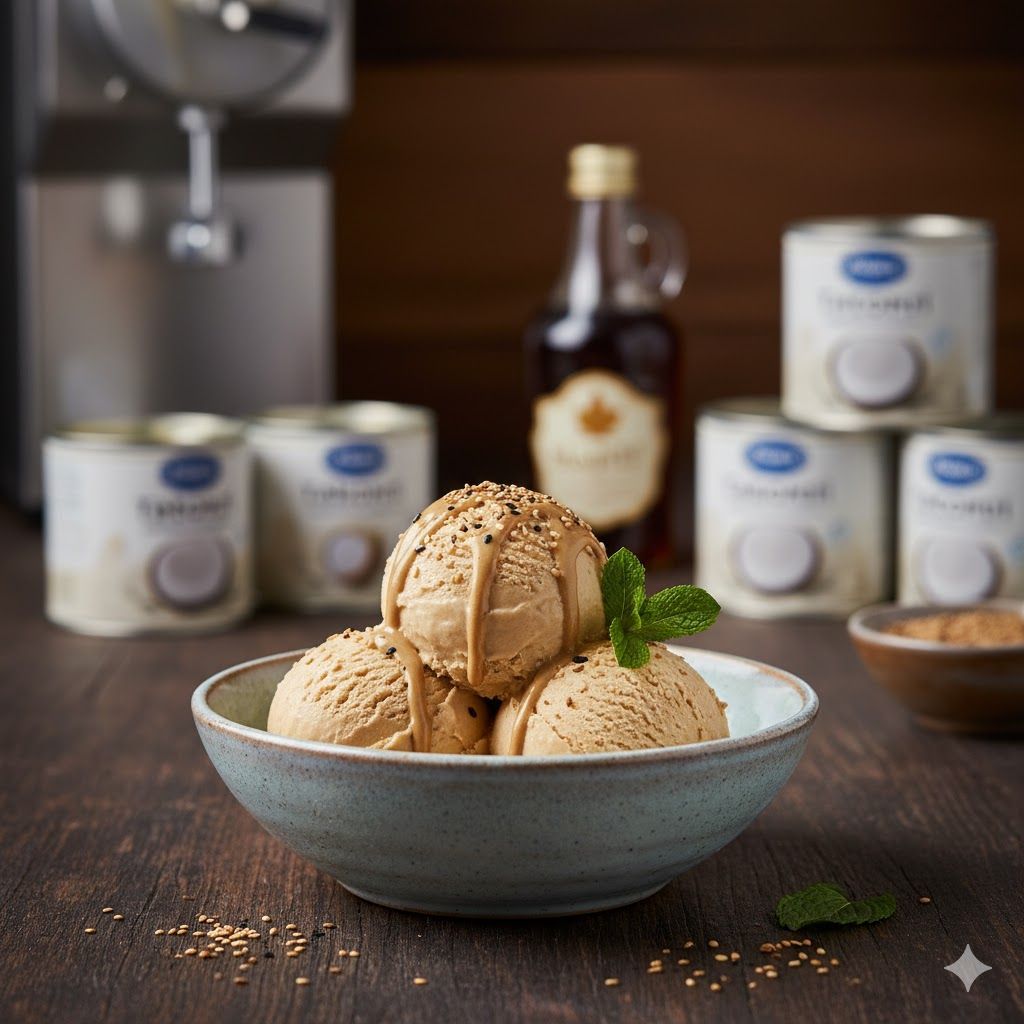
The modern culinary landscape demands inclusivity, and offering a spectacular vegan dessert is no longer a niche luxury—it’s a business necessity. This Tahini Coconut Milk Ice Cream provides a high-end, genuinely satisfying frozen treat that caters to guests who are dairy-free, vegan, or managing various allergies, ens

So, you're thinking about going vegan? That's awesome! Whether it's for ethical reasons, environmental concerns, or personal health goals, a vegan diet can be a powerful choice. But, like any major lifestyle change, it's important to understand the potential benefits and risks. Let's explore what recent medical literature tells us.


